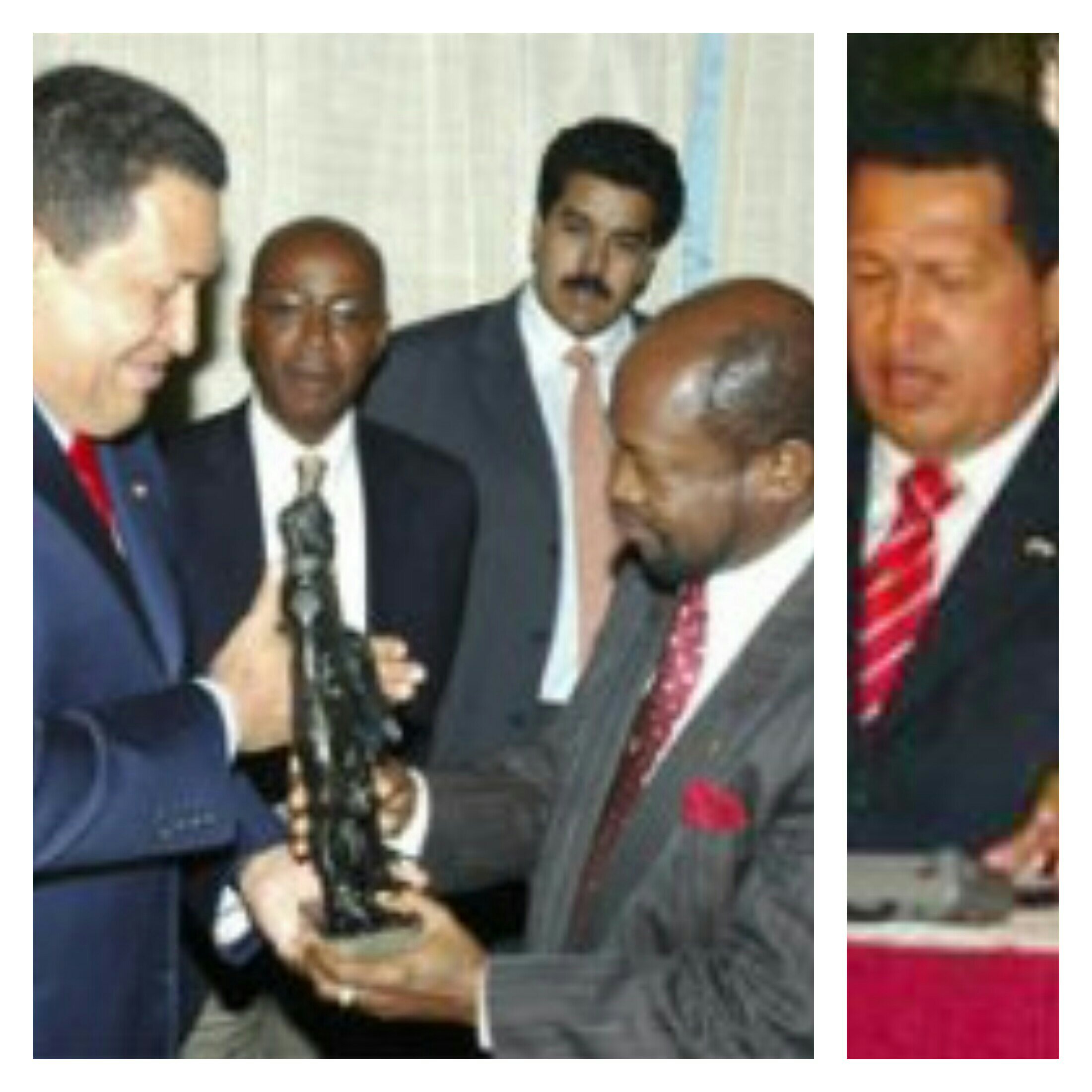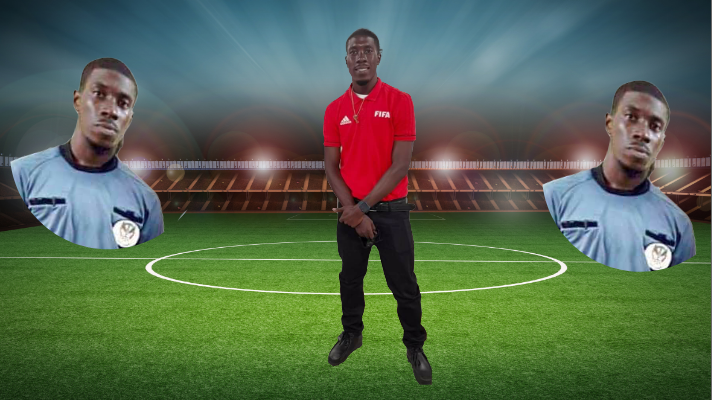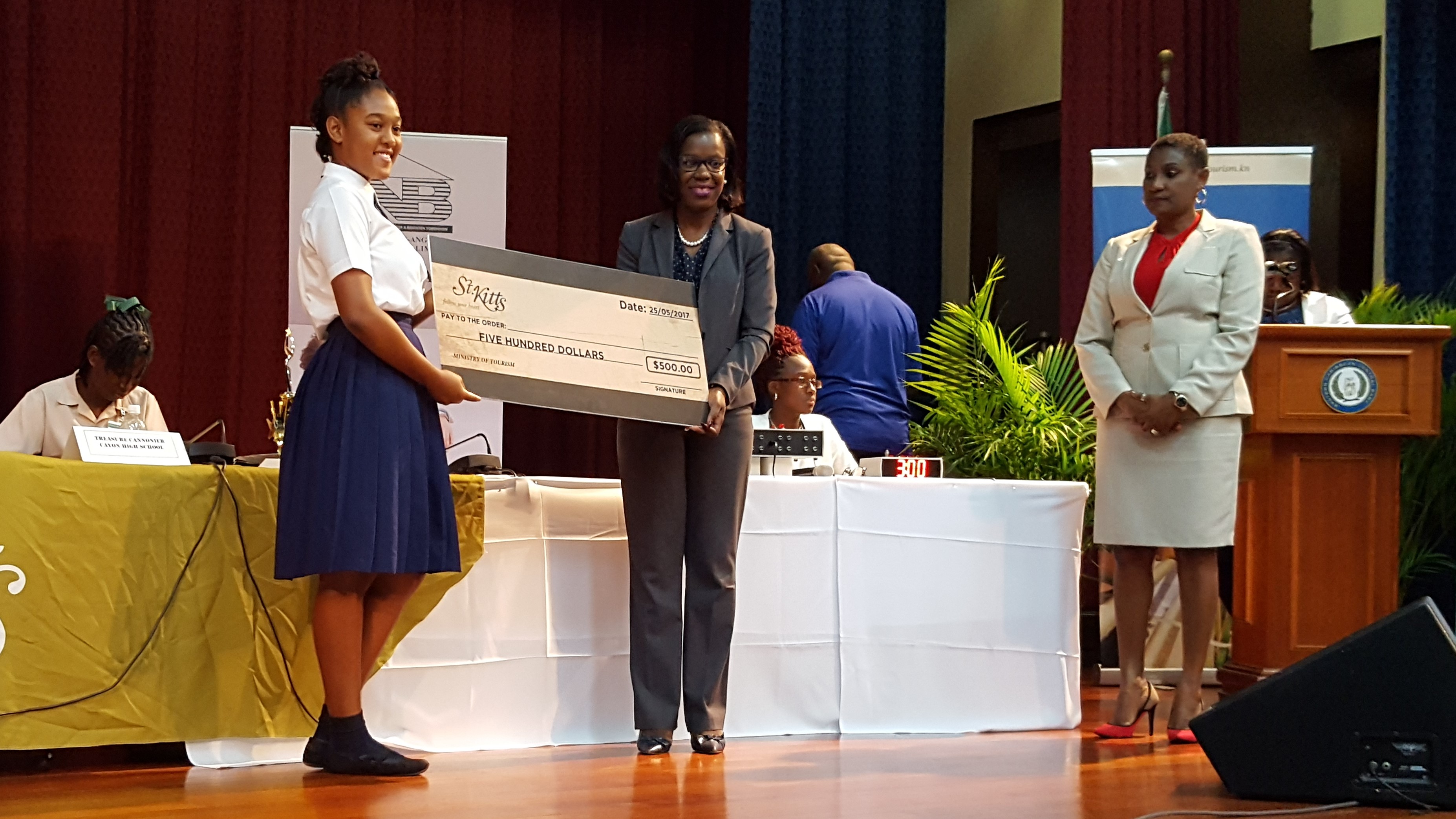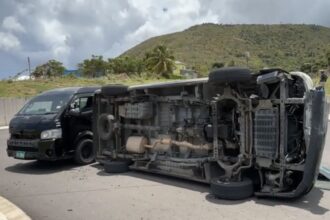File photo of then Venezuelan President His Excellency Hugo Chavez (left), then St. Kitts and Nevis Prime Minister the Right Hon. Dr. Denzil L. Douglas (second from the right) and then Vice President Nicolas Maduro
PORT OF SPAIN, TRINIDAD – Former St. Kitts and Nevis Prime Minister the Right Hon. Dr. Denzil L. Douglas Tuesday urged Caribbean Community (CARICOM) leaders not to impose visa restrictions on Venezuelans in light of the ongoing political situation in that South American country.
The St. Lucia government said it is considering imposing visa restrictions on Venezuelans visiting the island as a result of the political situation in the South American country where opposition forces are seeking to remove President Nicolas Maduro from power.
“I don’t think that we should make it any easier than the logistics already have for Venezuelans to come here,” Prime Minister Allen Chastanet told a news conference.
But, in an interview with the Caribbean Media Corporation (CMC), Douglas, who until February 2015 was the longest serving CARICOM head of government, said he would urge the region to re-think the position being adopted by St. Lucia.
“I think it is really a difficult one for me to contemplate in the sense that aren’t we going to further isolate Venezuela if this is to be pursued and I would advise that the CARICOM leaders at this time pay very, very close attention to a decision of this kind,” he told CMC’s Peter Richards, while on a visit to Port of Spain.
Dr. Douglas said the regional leaders should “think mainly on how it can affect the people of Venezuela, especially those who are genuinely attempting to move from a situation that has become almost too difficult to handle.”
Chastanet said he has asked the Ministry of Immigration to prepare a document in relation to the visa restrictions for consideration by Cabinet.
“Barring any impediment, we will impose it,” Chastanet said, adding that he remained ‘deeply concerned’ about the security threat to St. Lucia and the region from the Venezuela situation.
“If in fact the government is continuing to struggle to maintain law and order in Venezuela, we have seen an increase in the production of drugs coming out of Colombia, people are short of cash and therefore people are bringing drugs and bringing arms to sell in St. Lucia and other Caribbean Islands,” Chastanet said.
Dr. Douglas described the move by Castries “as unprecedented” adding “it is very unfortunate the situation has reached to this.
“Venezuela has been a friend of the Caribbean over the years and even though it has gone through difficult period of economic and financial crisis we have seen Venezuela basically open its heart to the people of the Caribbean,” he said.
Douglas agreed with Chastanet and other regional leaders regarding any foreign intervention in the affairs in Venezuela where United States President Donald Trump has said he has not ruled out a “military option” to quell the chaos in the South American country.
Trump has expressed displeasure at the July 30 election in Venezuela to choose a 545-member constituent assembly with the power to rewrite the constitution and dissolve state institutions.
The polls were boycotted by the opposition and criticised by many western countries, but Maduro said the assembly would help bring peace to the country where more than 100 people have been killed and more than 2,000 wounded since the street protest began in April.
CARICOM leaders last Tuesday met to discuss the ongoing political situation in Venezuela and while no official statement has been issued by the Guyana-based CARICOM Secretariat,
the Trinidad and Tobago Ministry of Foreign Affairs in a brief statement said that the leaders who had participated in the video conference call had engaged in “varied and robust views” and that the meeting “centered on promoting dialogue among stakeholders within Venezuela geared towards resolution of the political and social challenges in that country”.
Chastanet said he wanted to reiterate St. Lucia’s position against foreign intervention in Venezuela.
“St. Lucia has always been in the position that we would not support any foreign intervention in Venezuela whether by the United States or anybody else – inside this hemisphere or outside this hemisphere,” Chastanet told reporters.
Douglas told CMC “obviously this (military action) is not something that we would contemplate at all in the Caribbean region, something that we would want to accept.”
“I believe that the people of the Caribbean and the leaders of the Caribbean would want to urge the United States government and specifically the remark made by President Trump to be seen as an extreme situation.
“We know that things are very difficult, but at the end of the day we do not think that military intervention would be the solution to the problem in Venezuela. I for one would definitely support the CARICOM leaders in urging greater dialogue among the contended parties in Venezuela so that there can be an arrival of a workable and practicable solution to what continues to be a human crisis taking place there.
“We have seen where military interventions …in the past have not really helped to the desired solutions that we are looking for and I would hope that the CARICOM leaders would be urged to speak forthrightly and frankly to the United States powers that be so that this (military action) would be a last resort,” Dr. Douglas, the Opposition Leader in St. Kitts and Nevis told CMC.









